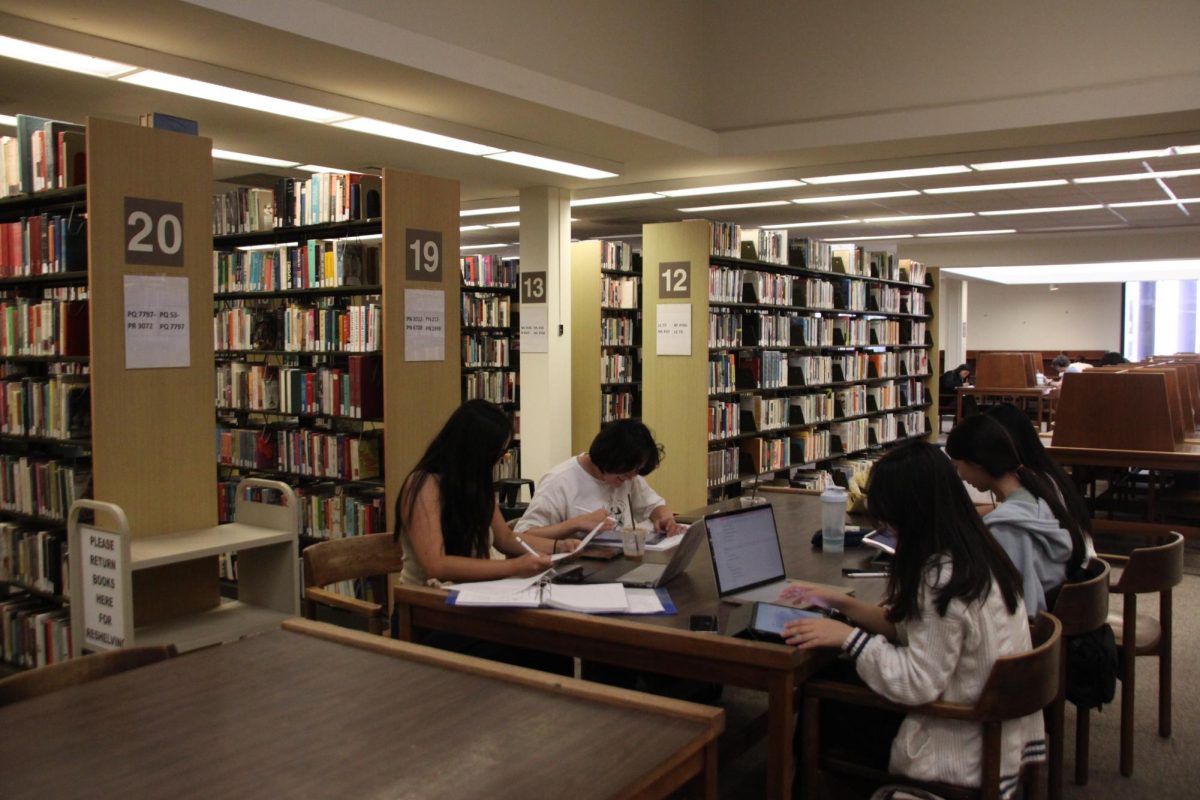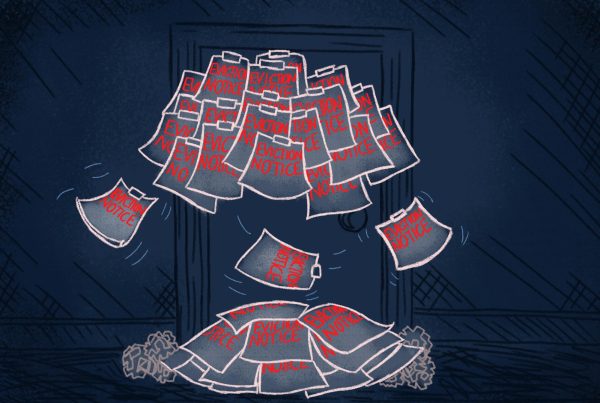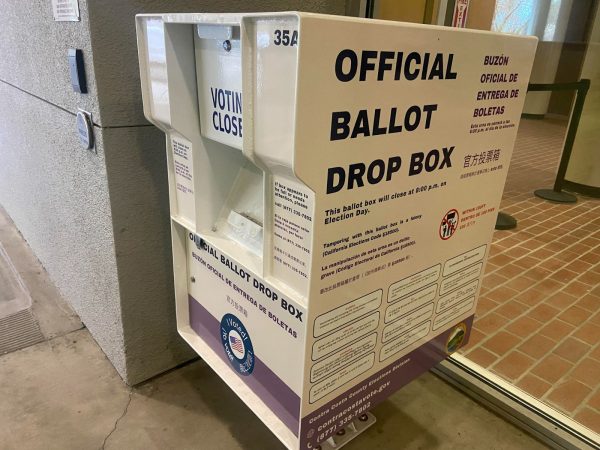University of California admissions scandal prompts legislative action
April 10, 2016
California Assemblywomen Kristin Olsen (R-Riverbank) and Catharine Baker (R-San Ramon) will move to introduce legislation in response to a March 29 state audit, which revealed that the University of California has systematically rejected qualified in-state students in favor of similar or less qualified out-of-state students.
The report “is nothing short of damning,” Baker said in a press release. “Nonresidents have been getting the red carpet treatment by UC, while California students can’t get in, can’t get the majors they want, and can’t study at the campus of their choice. That must end.”
“… the Auditor’s report confirms suspicions that many of us have long held to be true. California parents, students, and taxpayers deserve better,” Olsen said.
According to the report, “the UC system undermined its commitment to California resident students in exchange for revenue generated by nonresidents.” Nonresident tuition is $38,818, while resident tuition is $13,400.
From the 2010 to 2014, nonresident enrollment increased by 82 percent, while resident enrollment increased by 1 percent. Within three years of a 2011 change in policy, lowering the admissions standard for nonresident students from “at least as qualified as the top half of eligible residents” to only needing to “compare favorably” with eligible residents, at least 16,000 nonresident students whose scores were below the median scores of resident students were admitted to the campus of their choice. Since 2005, the UC system has denied entrance to 4,300 students whose academic scores met or exceeded the median scores of nonresident students in every single category.
The report also found the University failed to adequately reduce costs, particularly with respect to employee salaries. In fact, during the state’s fiscal crisis, which resulted in deep cuts in state funding, UC employees’ gross earnings increased 64 percent, from nearly $8 billion a year to nearly $13 billion a year. During this same period, base tuition and student service fees for residents were increased six times, while nonresident enrollment increased by 118 percent.
The legislation, to be introduced in the coming days, will contain many of the recommendations put forward by the State Auditor’s office. These include placing a cap on nonresident enrollment at the institution, and requiring higher admissions standards on nonresident applicants.













































































